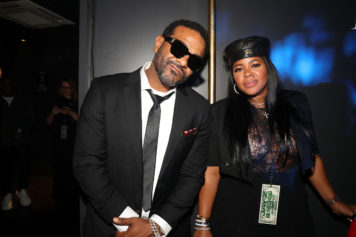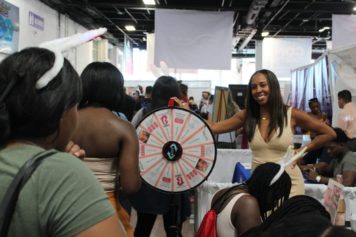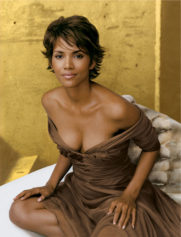Before a flood of happily partnered couples rush to the comment section with impassioned cries of “I wake up next to my best friend every day and it’s the greatest thing in the whole world and how dare you say otherwise,” allow me to explain: I get it. I get the sentiment. I am in a long-term relationship myself, and I am certainly closer to him than anyone else in my life. We know and share and do things that I don’t do with anyone else, including family and close friends. That’s the way it should be, it’s what makes our “others” so significant. So I get the immediate connection made here: “Hey, this person knows more about me than anyone and I trust them more than I can anyone else — ergo, they are my best friend.” However, on a cultural level, I’m not sure if the expectation that a truly great relationship will imply that the lovers are also best friends is a good one.
First, we should define a friend. Dictionaries will usually define it as people who “share mutual affection, usually exclusive of sexual or familial relationships.” We can all remark on how close we are to friends and lovers in a way that mimics the intimacy we have with friends, (“my sibling is my best friend, etc”) but “friend” itself usually denotes a platonic, non-familial love in its own category. A best friend, therefore, is a friend with whom you have become closer than all others. It is true that a best friend can become a lover, or even a spouse, but the actual title refers to a platonic relationship. When we call someone our best friend with no other context, usually people assume someone we are not in a relationship with.
And what’s more significant is that “best friend” is often a title that comes with its own profound implications. Calling someone your best friend is not easy, and it’s certainly not a title we give out lightly. It’s a process that, in many ways, reflects the slow-growing intimacy and history that romantic relationships do. For many people, a best friend is someone who has become surrogate family — someone you know so well, and for so long, that you feel you can be fully yourself with them in a way you cannot with most. Speaking personally, my best friend is someone with whom I’ve had a relationship of invariable closeness and trust since I was 11 years old. She is family I have chosen, and our friendship is as precious to me as any relationship could be. “Best friend” is a title that has been developed over years, over shared experiences, over a conscious decision to love another person without any ties romantic or familial. It is its own very special thing.
If someone were to ask me who my best friend was, I would say her without hesitation. I wouldn’t say my boyfriend, even though we’ve been together for some time and I feel closer to him…
Read more: Chelsea Fagin, Thought Catalog


